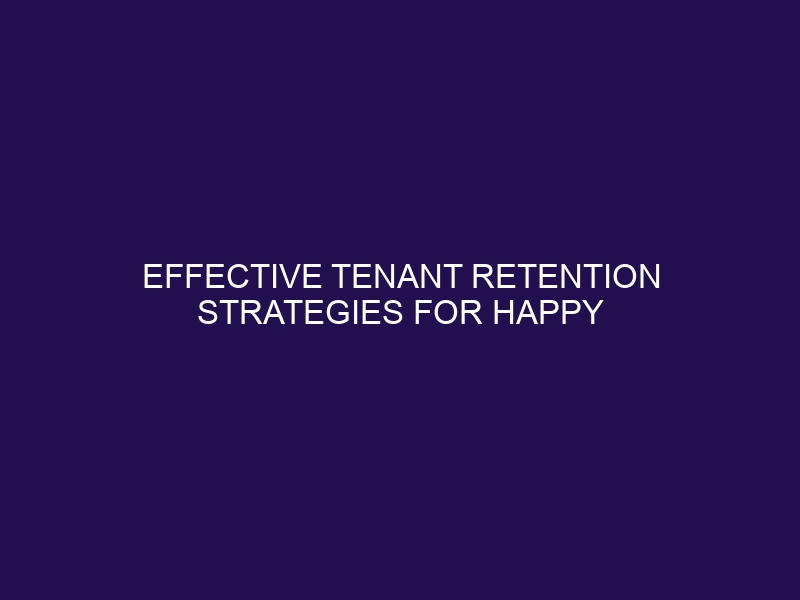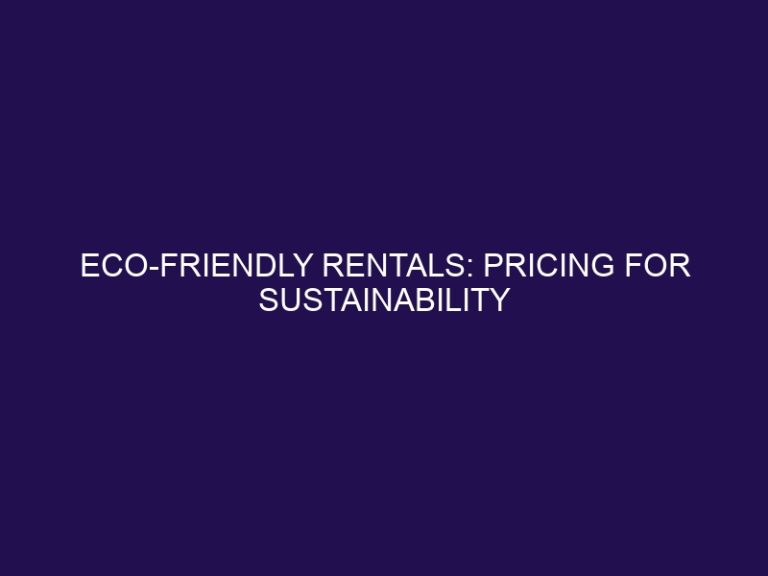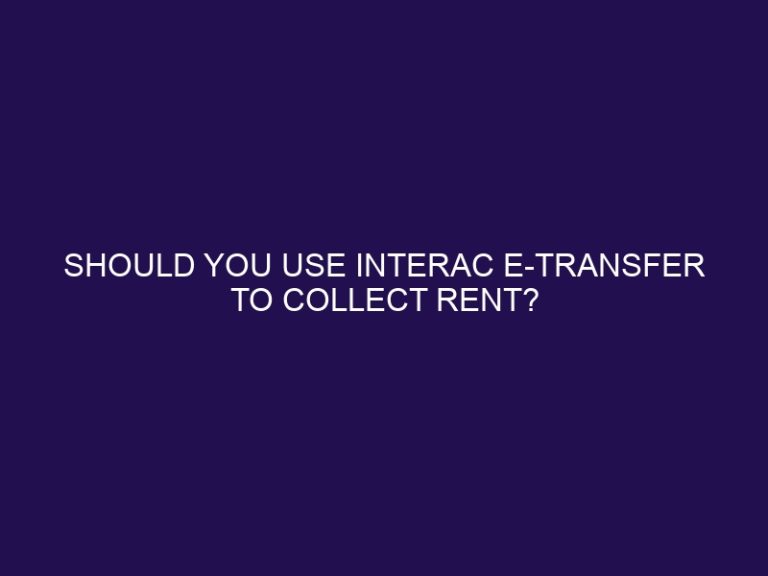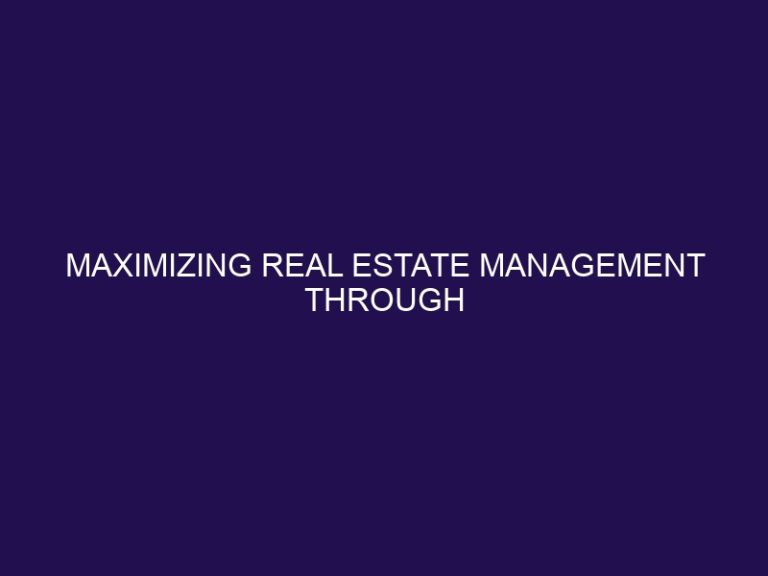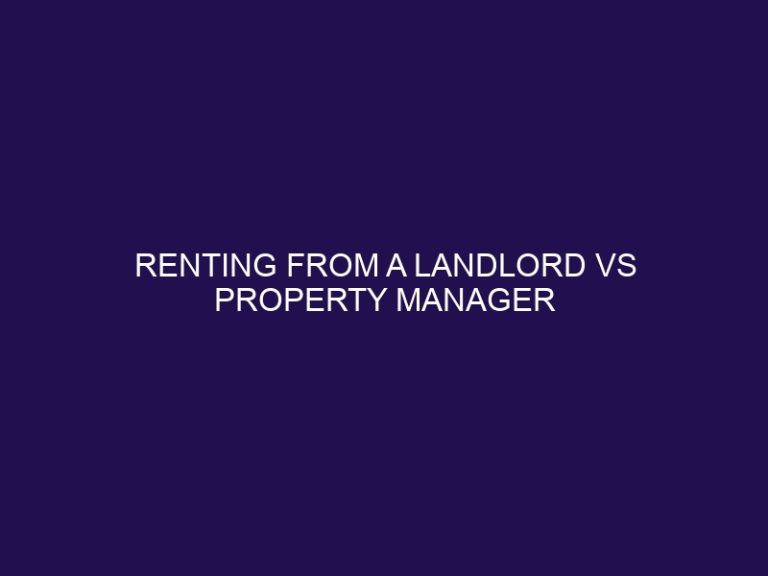Effective Tenant Retention Strategies for Happy Renters
Welcome to our comprehensive guide on tenant retention strategies, where we delve into the vital aspects of maintaining a strong and sustainable relationship with your renters. In this article, we will explore the importance of tenant relationships, identifying and meeting tenant expectations, convincing tenants to stay, and knowing when to cut ties if necessary. We will also discuss the value of a resident benefits package, the significance of timely addressing maintenance requests, and the incorporation of a renter’s insurance program to enhance tenant satisfaction and security.
We will cover the benefits of focusing on property security, offering incentives and rewards, conducting regular property inspections, and updating and renovating rental units to improve tenant retention. We will delve into providing valuable services such as on-demand pest control and filter delivery, offering move-in concierge services, leveraging digital solutions for tenant engagement, implementing a thorough tenant vetting process, and seeking and acting on tenant feedback to nurture a strong property manager-tenant relationship.
We will discuss the importance of effective renter communication and engagement, and proven methods for sustainable tenant occupancy. Whether you are an experienced property manager or a landlord looking to enhance your tenant retention strategies, this article will provide you with actionable insights to keep your best renters happy and ensure long-term occupancy in your rental properties.
Key Takeaways:
Tenant Retention Strategies: Keeping Your Best Renters Happy
Successful property tenant relations are vital for maintaining sustainable tenant occupancy and increasing rental property value.
Developing strong relationships with tenants fosters a positive atmosphere within the property, leading to greater tenant satisfaction and a higher likelihood of long-term lease agreements.
By prioritizing tenant relations, property managers create a sense of community and belonging, which can result in reduced turnover and lower vacancy rates, ultimately impacting the overall property value positively.
Satisfied tenants are more likely to take care of the property, reducing maintenance costs and preserving the property’s appeal.
Understanding the Importance of Tenant Relationships
Building and nurturing strong landlord-tenant relationships is essential for successful tenant retention and increasing tenant loyalty. Property managers play a pivotal role in fostering positive tenant relationships by prioritizing effective communication and addressing tenant needs.
Identifying Tenant Expectations
Understanding and meeting tenant expectations is fundamental to ensuring tenant satisfaction and happiness. Gathering and acting on tenant feedback enables property managers to address tenant needs effectively and enhance overall tenant experience.
Convincing Tenants to Stay
Convincing tenants to stay involves maintaining high levels of tenant satisfaction and providing value that justifies any potential rent increase upon lease renewal. Property managers need to emphasize the benefits of staying and address any concerns to secure lease renewals and long-term tenant retention.
Knowing When to Cut Ties
Recognizing when to cut ties with certain tenants is crucial for maintaining a positive landlord-tenant relationship and overall tenant retention. Property managers need to assess situations objectively and make informed decisions to preserve a harmonious rental community.
The Value of Resident Benefits Package
Offering a comprehensive Resident Benefits Package adds significant value to rental properties, attracting and retaining tenants while increasing rental income for property owners. Property managers can leverage the benefits package to enhance tenant satisfaction and differentiate their properties in the market.
Timely Addressing of Maintenance Requests
Timely and effective addressing of maintenance requests is essential for fostering tenant loyalty and satisfaction. Property managers need to prioritize clear communication and prompt resolution of maintenance issues to enhance the overall rental experience and retain satisfied tenants.
Incorporating a Renter’s Insurance Program
Incorporating a comprehensive renter’s insurance program contributes to tenant satisfaction and strengthens the landlord-tenant relationship. Property managers can offer peace of mind to tenants by providing access to insurance options, addressing a key aspect of tenant welfare and retention.
Focusing on Property Security
Prioritizing property security is paramount for ensuring tenant satisfaction and fostering rental property tenant engagement. Property managers need to implement robust security measures to create a safe and secure living environment for tenants, contributing to long-term tenant retention.
Offering Incentives and Rewards
Offering incentives and rewards to tenants is an effective strategy for increasing tenant loyalty and tenant retention. Property managers can create loyalty programs and offer rewards for lease renewals, prompting tenants to stay and fostering a sense of appreciation.
Conducting Regular Property Inspections
Regular property inspections enable property managers to gather tenant feedback, address maintenance concerns, and strengthen the landlord-tenant relationship. By conducting thorough inspections, property managers demonstrate their commitment to maintaining high-quality living spaces and tenant satisfaction.
Updating and Renovating Rental Units
Regularly updating and renovating rental units is essential for maintaining and increasing rental property value while meeting tenant expectations. Property managers can enhance tenant satisfaction and attract new tenants by modernizing rental units and providing updated amenities.
Providing On-Demand Pest Control
Offering on-demand pest control services is crucial for ensuring tenant satisfaction and preserving rental property value. Property managers need to prioritize proactive pest management to create a hygienic and comfortable living environment for tenants.
Offering Valuable Services like Filter Delivery
Providing valuable services such as filter delivery contributes to enhancing tenant satisfaction and convenience. Property managers can streamline maintenance processes and demonstrate attentiveness to tenant needs by offering efficient and reliable services like filter delivery.
Providing Move-in Concierge Services
Offering move-in concierge services presents a unique opportunity to enhance tenant satisfaction and foster long-term tenant retention. Property managers can provide a seamless and personalized move-in experience, creating a positive impression and promoting tenant loyalty.
Leveraging Digital Solutions for Tenant Engagement
Leveraging digital solutions for tenant engagement is instrumental in increasing tenant loyalty and satisfaction. Property managers can utilize technology to facilitate effective communication, streamline service requests, and provide convenient access to essential property information.
Thorough Tenant Vetting Process
Implementing a thorough tenant vetting process is essential for property managers to ensure tenant satisfaction and sustainable tenant occupancy. By screening prospective tenants effectively, property managers can maintain a harmonious rental community and preserve property integrity.
Seeking and Acting on Tenant Feedback
Seeking and acting on tenant feedback is integral to fostering effective renter communication and ensuring tenant satisfaction. Property managers can demonstrate responsiveness and commitment to tenant welfare by actively addressing feedback and implementing improvements based on tenant input.
Nurturing a Strong Property Manager-Tenant Relationship
Nurturing a strong property manager-tenant relationship is vital for fostering tenant happiness and increasing tenant loyalty. Property managers play a crucial role in building trust, addressing tenant needs, and creating a positive living environment that promotes long-term tenant retention.
Effective Renter Communication and Engagement
Effective renter communication and engagement are pivotal for successful property tenant relations and tenant satisfaction. Property managers need to prioritize transparent and proactive communication, fostering a collaborative and harmonious landlord-tenant relationship.
Proven Methods for Sustainable Tenant Occupancy
Implementing proven methods for sustainable tenant occupancy is essential for fostering tenant retention and happiness. Property managers can leverage established strategies and best practices to maintain high occupancy rates and enhance overall rental property value.
Frequently Asked Questions
What are some effective tenant retention strategies?
Some effective techniques for retaining tenants include maintaining open communication, providing exceptional customer service, offering incentives or rewards, and addressing any concerns promptly.
How important is tenant retention for landlords?
Tenant retention is crucial for landlords as it can reduce vacancies, turnover costs, and ensure a steady income stream. It also helps build a positive reputation and attract new tenants.
What can landlords do to keep their best renters happy?
Landlords can keep their best renters happy by showing appreciation, being responsive to their needs, regularly maintaining the property, and creating a welcoming and comfortable living environment.
What is the role of communication in tenant retention?
Communication plays a vital role in tenant retention as it helps build trust, address issues, and foster a positive landlord-tenant relationship. Regular and transparent communication can also help resolve conflicts and keep tenants satisfied.
How can offering incentives improve tenant retention?
Offering incentives, such as rent discounts, gift cards, or upgrades, can motivate tenants to stay longer and increase their satisfaction with the property. It can also be a cost-effective way to retain tenants compared to filling vacancies.
What should landlords do if a tenant wants to leave?
If a tenant wants to leave, landlords should try to understand the reason and see if there is a solution to address their concerns. If the tenant decides to leave, landlords should handle the process professionally, follow the lease agreement, and try to find a replacement tenant quickly.

